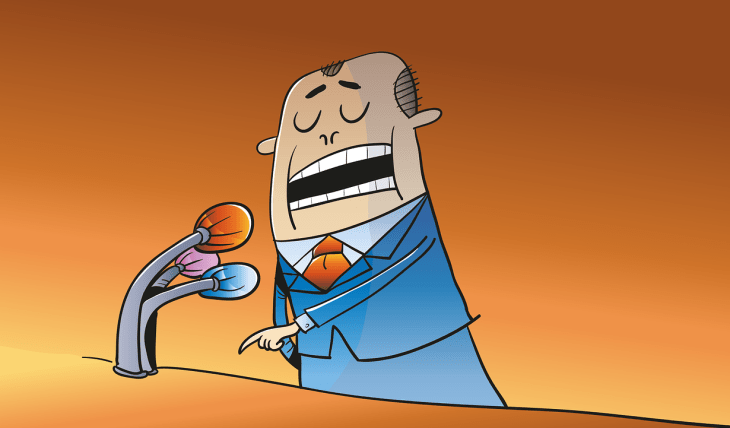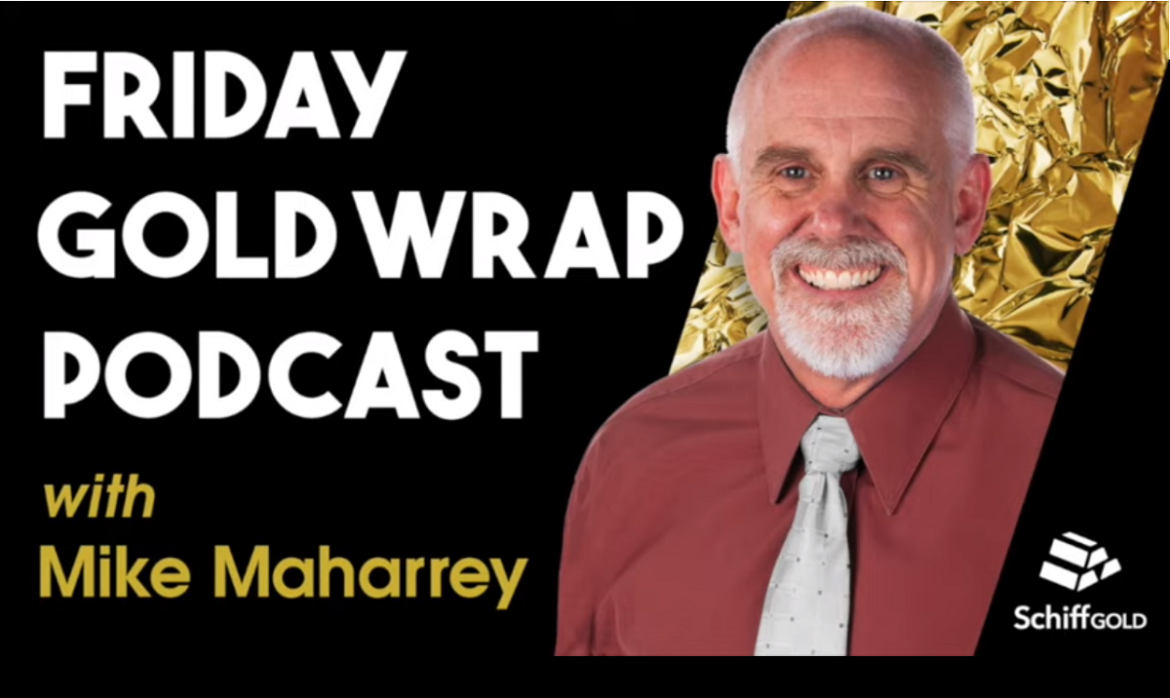Gold has all the potential to go unprecedentedly high. But silver will be gold on
Site:
Precious metals news
Aug 20, 2021 - 10:20:44 PDT
Business owners and hiring managers knew this in their gut for months.
Is past performance now a guarantee of future results due to the Fed's creation of "moral hazard" in the financial markets?
Back in 2014, Citigroup's Matt King calculated that it costs central banks $200 billion per quarter to avoid a market crash. Boy have things changed since then.
The same institution that's unable to run the Postal Service or Amtrak orchestrated our invasion and withdrawal of Afghanistan.
Some central banks are raising interest rates. But that could slow economic recovery...
I have some sobering news for you.Politicians lie.No, no, not just the politicians you don't like. I mean pretty much all of them - with a few rare exceptions. It's like part of the political DNA.
Aug 20, 2021 - 07:28:06 PDT
treasuries are like a coiled spring ahead of the Federal Reserve’s long-awaited Wyoming confab, with traders showing less conviction than they have in months about the market’s next move. Benchmark yields finished this week little changed from seven days earlier, even after a stretch that saw a record-breaking 10-year auction, the lowest consumer-sentiment...
One of Europe’s riskiest bond bets is turning into a telltale sign of how much faith investors have in the central bank’s ability to engineer a smooth recovery out of the pandemic. Italian benchmark yields are near a six-month low and the government is so flush with cash that it canceled last week’s debt auction. The market is beginning to look like a crowded trade...
Bond yields have tumbled during the past three months, yet equities are at new highs and corporate bonds are close to the most expensive they’ve ever been. What gives?
Global shares fell for the fifth straight day and the dollar remained firm in a flight to safety on Friday as rising coronavirus cases compounded concerns over Chinese growth and the outlook for U.S. stimulus.
 Half a Trillion Dollars Wiped From China Markets in a Week As Clampdowns Shatter Confidence
Half a Trillion Dollars Wiped From China Markets in a Week As Clampdowns Shatter ConfidenceAug 20, 2021 - 06:56:01 PDT
China's tech stocks slumped to new lows on Friday and Hong Kong's benchmark index hit an almost 10-month trough, as an unrelenting series of Chinese regulatory crackdowns crushed investors' confidence.
This week marked the 50th anniversary of President Richard Nixon slamming shut the "gold window" and cutting the last tether between the dollar and gold. In this episode of the Friday Gold Wrap podcast, host Mike Maharrey explains exactly what Nixon did and the impact of 50 years of monopoly money. He also covers some of the week's economic data and the release of the Fed's July minutes.
Federal Reserve Chair Jerome Powell will speak on "the economic outlook" at next week's Jackson Hole, Wyoming symposium, the central bank said on Thursday.
Billions of dollars of federal funds may have been misappropriated as part of the government’s well-intentioned but loosely monitored effort to support entrepreneurs and their employees during the Covid-19 pandemic.
S&P 500 futures inched lower on Friday as the markets close out a losing week driven by fears of the Federal Reserve pulling back its stimulus.
 Michio Kaku Calls Nuclear Fusion Test at Lab ‘Giant Step Toward the Holy Grail of Energy Research’
Michio Kaku Calls Nuclear Fusion Test at Lab ‘Giant Step Toward the Holy Grail of Energy Research’Aug 20, 2021 - 05:28:01 PDT
The Lawrence Livermore National Laboratory announced a key achievement in fusion research on Tuesday.
United Wholesale Mortgage announced plans this week to accept cryptocurrency for home loans, in what is being billed as a first for the national mortgage industry.
 What Rental Hyperinflation Looks Like: "Soaring Prices. Competition. Desperation"
What Rental Hyperinflation Looks Like: "Soaring Prices. Competition. Desperation"Aug 20, 2021 - 05:19:55 PDT
But of course, the government and especially the Fed would be the last to admit the hyperinflation in the rental market: doing so would have forced the Fed to end its QE long, long ago.
 Treasury Yields Fall Amid Delta Variant Concerns and Fed Taper Discussion
Treasury Yields Fall Amid Delta Variant Concerns and Fed Taper DiscussionAug 20, 2021 - 05:18:52 PDT
U.S. Treasury yields fell on Friday morning, amid concerns about the spread of the delta variant and discussion from the Fed of tapering bond purchases.
“It’s an asset with increasing value,” American Farmland Trust CEO John Piotti said. “It has great intrinsic value and beyond that, it is a limited resource.”
























